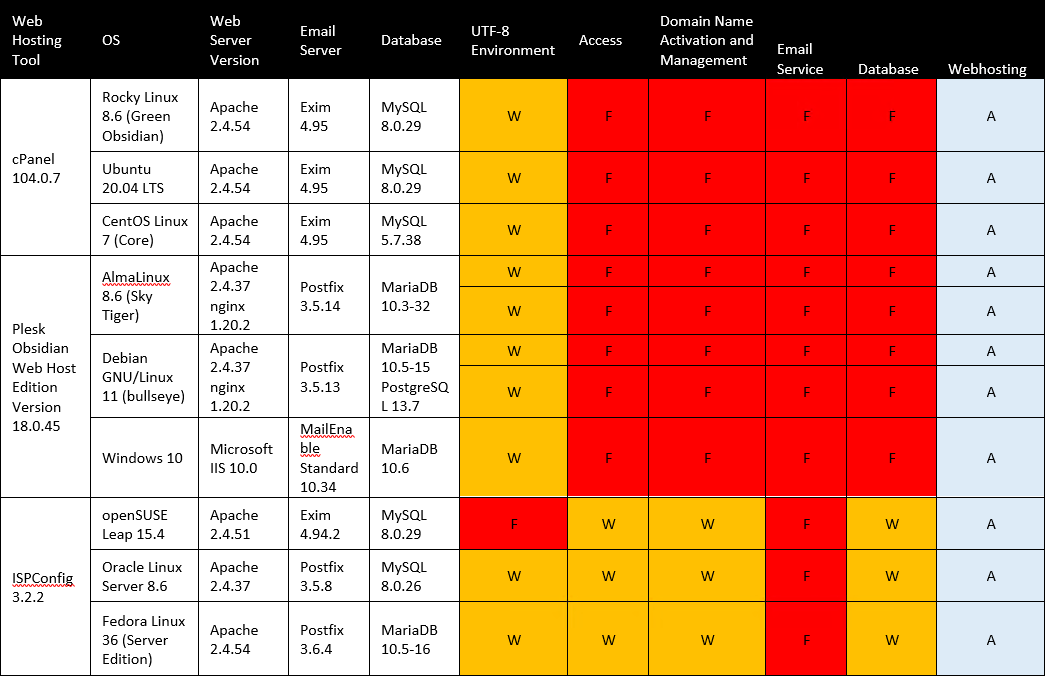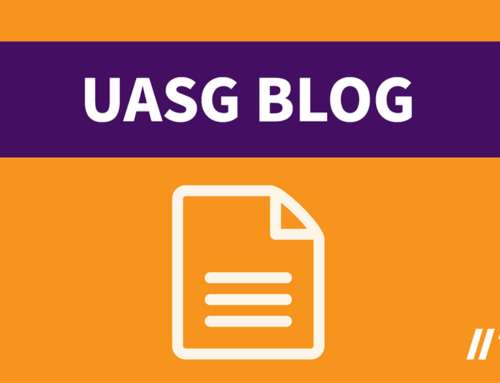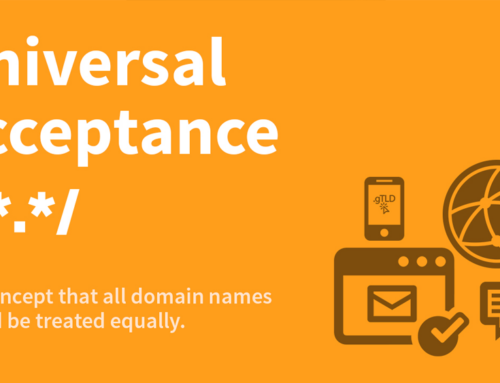By Nabil Benamar, Chair, UA Measurement Working Group
Web hosting tools are critical to managing and maintaining a functional website. They are the building blocks required to keep a site accessible on the Internet and to provide essential services like email. For anyone who manages a website, whether for personal use, business, or entities like governments, web hosting tools are incredibly important. But are they operational for users who use internationalized email or have a new long top-level domain (TLD)?
Together, the Universal Acceptance Steering Group (UASG) and Nexperteam conducted a study of the UA-readiness of three of the most widely used web hosting tools: cPanel, Plesk, and ISPConfig. The purpose of the study was to determine the extent to which web hosting tools offer the capacity for customers to build websites and host emails in accordance with UA in nine different configurations on different operating systems (Linux and Windows for Plesk, Linux for cPanel and ISPConfig).
The assessment focused on evaluating all the basic functions related to UA for domains and email addresses (input, validation, storage, processing, and display). More specifically, we tested whether internationalized domain names and email addresses could be entered and encoded directly; email could be sent, received, and read in the appropriate script; the web service could be set up using native scripts; and that all elements could be displayed appropriately. In some cases, additional steps were taken for some UA-ready functionality to pass.
The assessment revealed that cPanel, Plesk, and ISPConfig have embraced UTF-8 to a certain extent, but that they are not fully UA-ready. This was most often due to the underlying services which are not ready to support native scripts. Web hosting tool providers have taken steps to block any non-ASCII characters throughout most of their interfaces. We believe that working with the underlying service providers will help enable UA-readiness in the future.
The table below provides the overall results per web hosting tool feature, including the UTF-8 compliance of the environment in default installation. In some cases, additional steps were taken for some UA-ready functionality to pass.
Testing Results

Legend

To make the web hosting tool providers aware of their gaps in UA and its importance, bug reports and feature suggestions were submitted to cPanel and Plesk for potential UA remediation.
More information on the testing objectives, process, and results is available in the full report: UASG042 – UA-Readiness of Web Hosting Tools (Report and Presentation).
Although the results of the testing were not encouraging, the UASG hopes the report will help small and medium-sized businesses and organizations choose the best configuration to provide UA-ready websites and related email addresses.
For more information about the UASG and ways you can get involved, visit https://uasg.tech/ and follow the UASG on social media (Twitter, Facebook, and LinkedIn).





